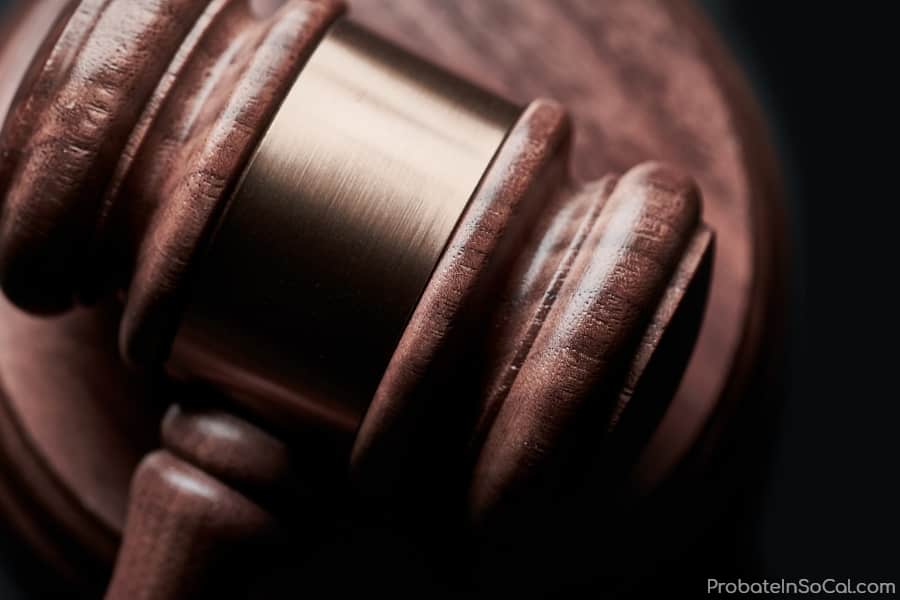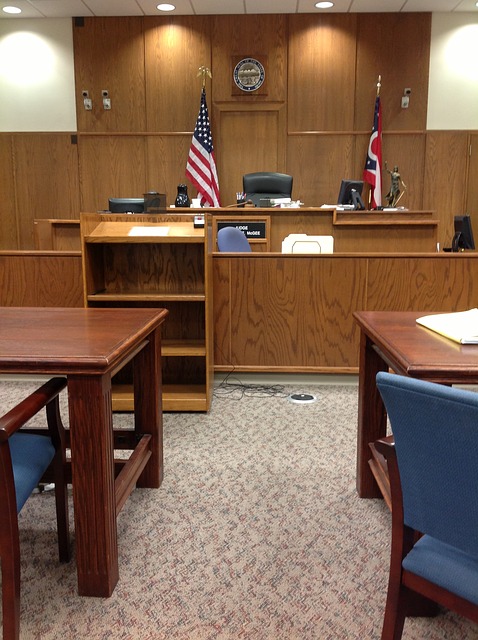The whole idea of probate court proceedings can be overwhelming and complicated, but you may avoid it altogether if you don’t need probate court. However, it all depends on the decedents and the Will.
Read more: What is considered an estate?
The first thing you’ll need to do is study the decedent’s assets to see if any of them or even all of them with the categories that don’t require probate. Non-probate assets are as follows:
- Joint tenancy assets
- Trustee bank accounts
- Living trusts
- US savings bond in co-ownership form
- Death benefits or life insurance with the named beneficiaries
- Community property with right of survivorship
- Life estates
If the decedent has other assets, including real property or real estate are not covered under non-probate assets, then you’ll need to proceed with the probate court. All probate cases are handled by the Superior Court of the county in which the decedent recited at the time of their death. If the decedent’s property in a state were not a resident of, that particular state’s laws will govern that property. They must be initiated in the state in which the property is located.
From here, you need to figure out who will represent the estate. This is typically the estate representative, executor, or administrator. This person will represent the estate in all court proceedings. If there is no will, the court will choose an estate representative.
The representative will need to request certain probate forms. Estate executives will need to send a letter of request to the Superior Court clerk in which the decedent owned real property. You’ll need to request two copies of the following forms:
- Petition for Probate
- Certificate of Assignment
- Notice of Petition to Administer Estate
- Proof of Subscribing Witness
- Order for Probate
- Duties and Liabilities of Personal Representative
- Letter Form #D E – 150
- Application and Order Appointing Probate Referee
- Inventory and Appraisal
- Allowance for Rejection of Creditors Claim
- Notice of Hearing
- Ex Parte Petition for Final Discharge and Order
- Additional local forms are required.
You may also need to send a certain amount of money to cover the fees. Check with the local County Clerk on specifics for exact prices. Typically the court charges of filing fee whenever a document is filed that requires a court hearing. Most probate proceedings need $495 for the Petition for Probate and an additional $495 for the Petition for Final Distribution.
Once probate proceedings are filed with the county, the court clerk will give the petition hearing date that will be not less than 15 or more than 30 days after the petition is filed. When the court approves the petition, the executor must prepare and send an Order for Probate for the judge’s signature. This appoints the estate representative, admits the will to probate, and appoints a probate referee to appraise the estate assets.
Again, you will need a court proceeding if there is real estate or real property to contend with after the decedent has passed. Suppose you have additional questions; please contact me today for answers to any of your probate real estate questions.



